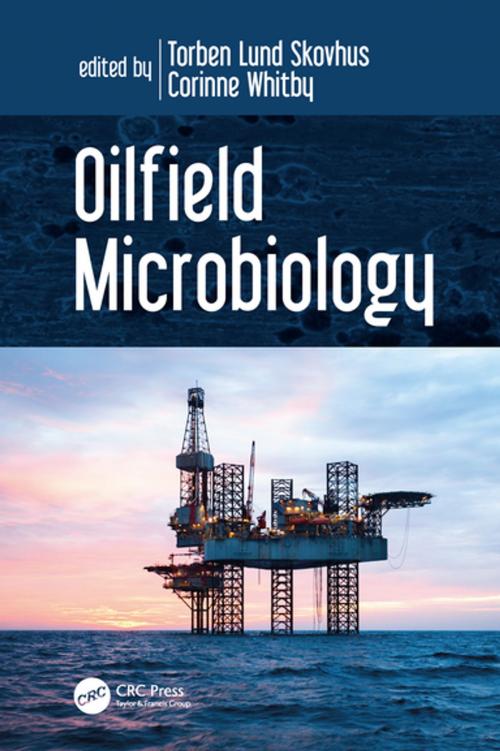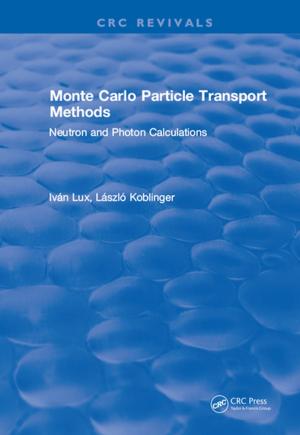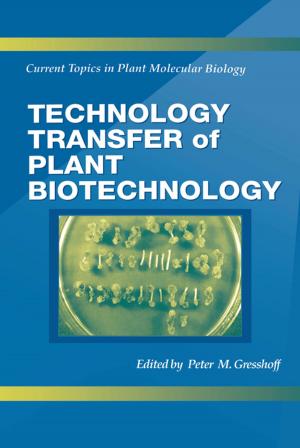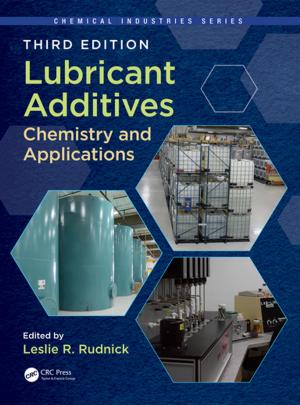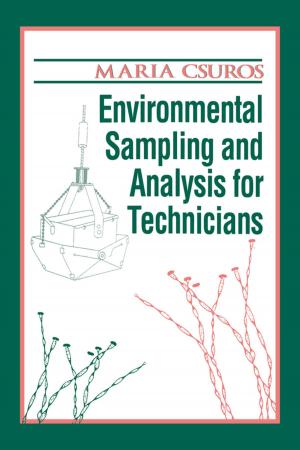Oilfield Microbiology
Nonfiction, Science & Nature, Technology, Engineering, Chemical & Biochemical, Material Science, Science, Biological Sciences, Microbiology| Author: | ISBN: | 9781351674959 | |
| Publisher: | CRC Press | Publication: | March 29, 2019 |
| Imprint: | CRC Press | Language: | English |
| Author: | |
| ISBN: | 9781351674959 |
| Publisher: | CRC Press |
| Publication: | March 29, 2019 |
| Imprint: | CRC Press |
| Language: | English |
Microorganisms can be both beneficial and harmful to the oil and gas industry and therefore there is an increasing need for the oil industry to characterize, quantify and monitor microbial communities in real time. Oilfield Microbiology offers a fundamental insight into how molecular microbiological methods have enabled researchers in the field to analyze and quantify in situ microbial communities and their activities in response to changing environmental conditions. Such information is fundamental to the oil industry to employ more directed, cost-effective strategies to prevent the major problems associated with deleterious microbial activities (e.g., souring and biocorrosion), as well as to encourage beneficial microbe activity (e.g. oil bioremediation).
The aim of the book is to understand how the technological advances in molecular microbiological methods over the last two decades are now being utilized by the oil industry to address the key issues faced by the sector. This book contains a comprehensive collection of chapters written by invited experts in the field from academia and industry and provides a solid foundation of the importance of microbes to the oil and gas industry. It is aimed at microbial ecologists, molecular biologists, operators, engineers, chemists, and academics involved in the sector.
Microorganisms can be both beneficial and harmful to the oil and gas industry and therefore there is an increasing need for the oil industry to characterize, quantify and monitor microbial communities in real time. Oilfield Microbiology offers a fundamental insight into how molecular microbiological methods have enabled researchers in the field to analyze and quantify in situ microbial communities and their activities in response to changing environmental conditions. Such information is fundamental to the oil industry to employ more directed, cost-effective strategies to prevent the major problems associated with deleterious microbial activities (e.g., souring and biocorrosion), as well as to encourage beneficial microbe activity (e.g. oil bioremediation).
The aim of the book is to understand how the technological advances in molecular microbiological methods over the last two decades are now being utilized by the oil industry to address the key issues faced by the sector. This book contains a comprehensive collection of chapters written by invited experts in the field from academia and industry and provides a solid foundation of the importance of microbes to the oil and gas industry. It is aimed at microbial ecologists, molecular biologists, operators, engineers, chemists, and academics involved in the sector.
